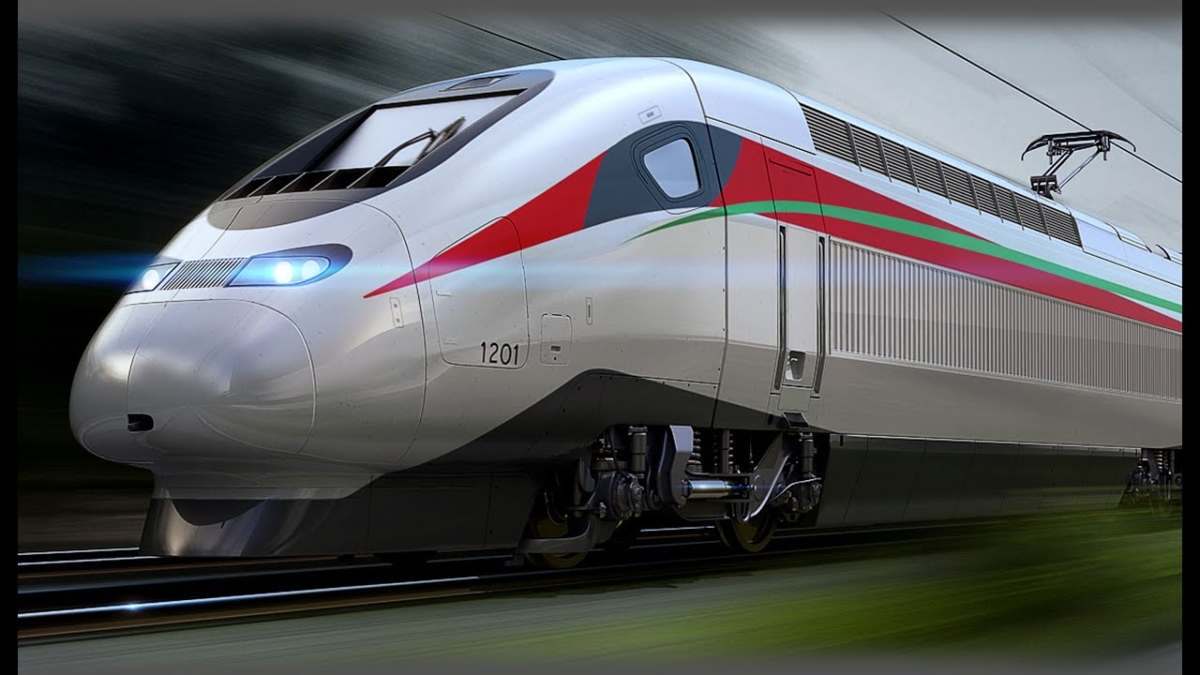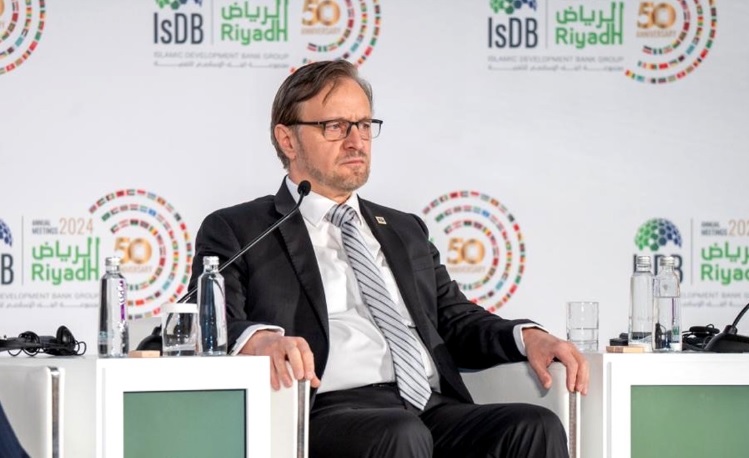The French company Egis announced yesterday in a statement that Morocco's National Railway Office (ONCF) has awarded the contract for project management assistance on the high-speed rail infrastructure between Kenitra and Marrakech to the French-Moroccan consortium. This consortium consists of Egis as the lead party, along with Systra and Novec. The new high-speed rail network is slated for launch in 2029, one year before the FIFA World Cup.
The statement noted that in the context of the 2030 FIFA World Cup, set to be co-hosted by Morocco, Spain, and Portugal, Morocco has accelerated efforts to expand its high-speed rail network to Marrakech. Additionally, it plans to upgrade its conventional train network in Casablanca, Rabat, and Marrakech, with an unprecedented investment program over the next seven years.
The ONCF has chosen to collaborate with Egis, Systra, and Novec to assist in executing this ambitious program. This investment aligns with the "Moroccan Railways 2040" strategy and includes extending the current high-speed line between Tangier and Kenitra to reach Marrakech. This extension will connect the capital, Rabat, with Casablanca, Marrakech, and Tangier via the TGV train.
According to the French company, this new infrastructure will allow trains to operate at 320 kilometers per hour over 430 kilometers of new tracks, positioning Morocco's railway network among the most modern and efficient in the world. The project is expected to be inaugurated at the end of 2029, ahead of the World Cup.
This project aligns with Morocco's policy to accelerate the decarbonization of the transport sector by providing a high-performance, low-carbon transport option accessible to all. It includes assisting ONCF in establishing 430 kilometers of new high-speed lines, 130 kilometers of quadruple-track expansions around Casablanca, and new stations.
The consortium tasked with this service comprises three engineering firms already central to the first high-speed line project between Kenitra and Tangier, thus offering all necessary guarantees and expertise for implementing this new project, according to the document.
The contract covers project management, the main operational schedule, maintaining coherence, technical project enhancement, and comprehensive integration with other projects. The consortium will provide ONCF with its skills in managing major railway projects and its technical expertise to cover various markets and assist the project owner during testing and engineering approvals.






